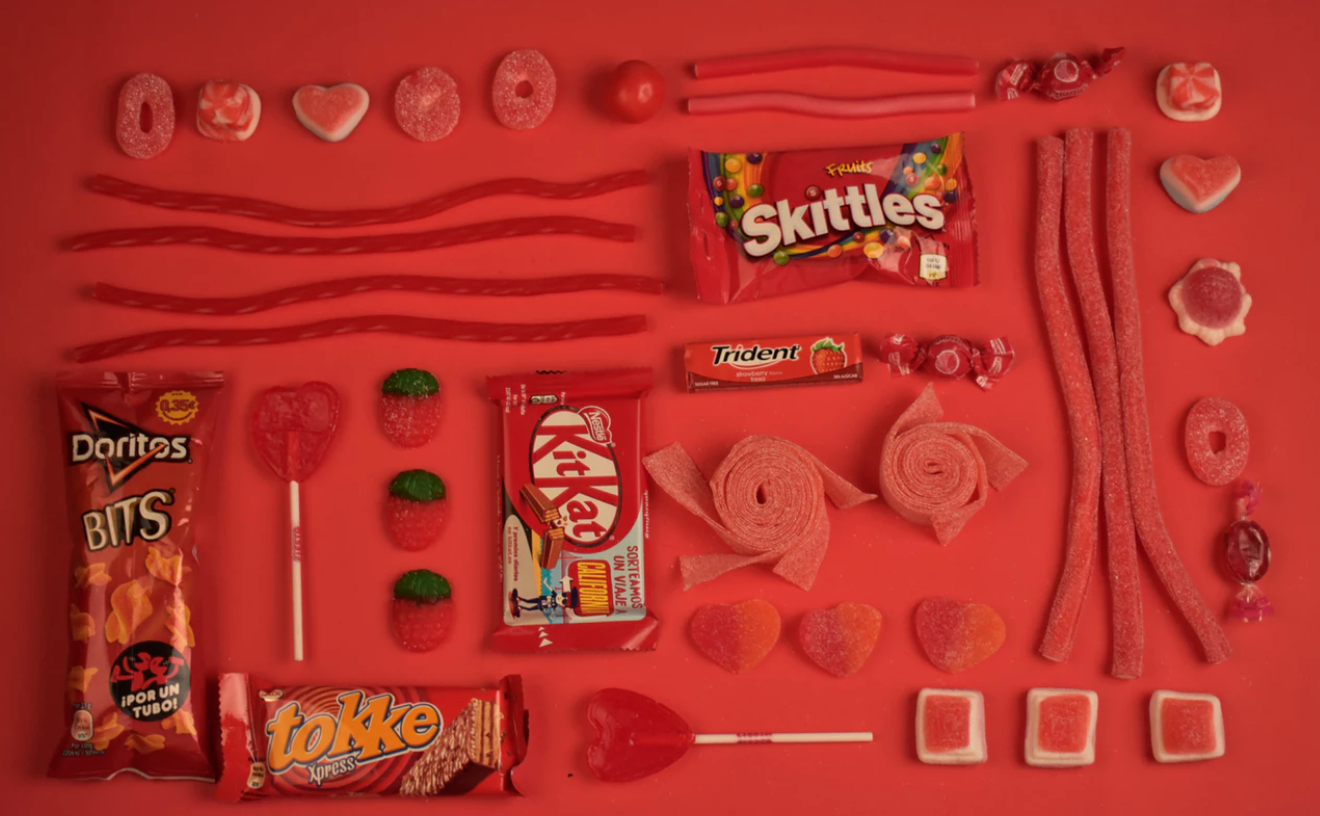
People are driven by scarcity. Things of value, with limited availability, drive a strong desire for more. Information used to be like that. We had very few channels for accessing knowledge. It used to be difficult to find esoteric content. But once we found it, it was usually of high quality. But information in today’s world has done a complete turn around. Now it’s easy to find on any topic, but much harder to rely on the quality.
It’s as if we are so thrilled to find information on our topics of interest and existing opinions that we rarely stop and consider what we’re feeding our minds. We are bingeing – we are becoming addicted. And sometimes, it’s an all you-can-eat buffet of informational bullshit.
While information can be wonderful and powerful, it’s a lot like food, If we consume the wrong stuff, it can have a massive impact on our well being. We’re now entering the era of ‘digital obesity’: a world full of people consuming the wrong information in copious quantities. Often facilitated by those who profit from the distribution of bad content.
It’s not the first time we’ve faced a problem like this.
Up until about 100 years ago – very few people had more food than they could eat. But once food became heavily industrialised and super cheap, we indulged in excess calories. For the past 70 years, humans in developed economies had access to much more food than they needed. The net result is more shocking than surprising. Around the world today, there are more people who eat themselves to death than starve to death. The problem of course is that we’ve been programmed over the past 200,000 years to eat as much as we could, whenever food became available, to simply stay alive. Our DNA evolved to cope with periods of feast and famine. Today, it’s just a feast, for most people in developed economies. Now the biggest health problems facing our species are the results of over-eating.
The good thing is now we’re aware of the downsides of having too much to eat, we’re adapting. We’re re-educating each other on what good food looks like, how to resist the junk and how to resist eating more than we need. So many processed foods are calorie-dense and nutrition-poor that they trick the mind to crave the wrong stuff.
Maybe it’s the same with ‘processed’ information? We are getting sugar rushes with every click, but we are not providing our minds with the nutrients it needs to grow and sustain itself. We also need to learn to leave some information on the table. It seems the shift from scarcity to excess (in many forms) is an endemic problem of modernity. We’ll have to keep adapting to resist the excess, and find the quality. While it’s not our fault we’ve reacted this way, if we are at least aware of it, we can make a concerted effort to feed our society and our brains the nutritious content our mind really needs.